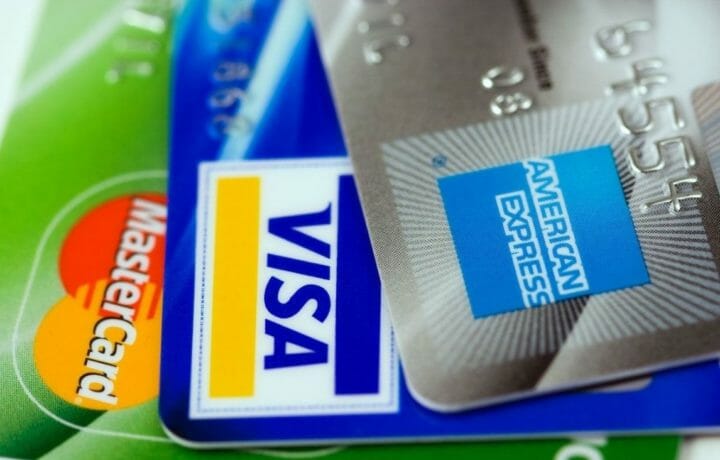We’ve all done it to some extent: making purchases by credit card instead of by cash or check in order to earn rewards points. But there are some people, including some security clearance holders, who take it to a whole different level.
Gaming Credit Card Rewards
Whatever one calls them – points harvesters, credit card churners, system gamers – these folks all have the same objective: beating the credit card companies at their own game, and making a tidy, tax-free profit in the process. They do it through a rather ingenious cycle that looks something like this:
Step 1: The individual purchases cash-redeemable (e.g., Visa, MasterCard, AMEX) gift cards at a local retailer. Multiple $500 gift cards are purchased in a single transaction, for a total purchase value of $5,000, $10,000, or more.
Step 2: The individual uses the gift cards to purchase money orders through the Postal Service or Western Union, which s/he then immediately deposits into their bank account.
Step 3: The individual immediately pays off the credit card balance using the newly deposited funds before any interest can be accrued on the credit card balance.
People who do this prolifically – and there are apparently quite a few of them – can accrue hundreds of thousands of dollars per year in transactions, resulting in tens of thousands in rewards points income that they use to reimburse themselves via statement credits for their normal monthly expenses (which are all charged to one of their numerous credit cards).
And a recent U.S. Tax Court decision affirmed the IRS’s longstanding treatment of credit card rewards points as a discount on the goods purchased – even if those “goods” are cash-redeemable gift cards – making all of this income completely tax-free. (See Anikeev v. Comm. of Internal Rev., T.C.M. 2021-023, Feb. 23, 2021). Practically-speaking, this means that $80,000 in non-taxable rewards points is akin to earning $100,000 or more in a taxable salary, assuming the individual is in the 22% tax bracket and lives in a state with state income taxes.
Risk to Security Clearance Holders
If all of this sounds too good to be true, it’s because there are a couple of catches. First, although the credit card companies aren’t shy about advertising their rewards points programs, they also take a dim view of people who milk the system and have been known to shut accounts of users caught doing this. Second, although there is nothing illegal about the activity under current law, the large infusions of cash into bank accounts can generate Suspicious Activity Reports (or “SARS”), which banks are required to file with the Treasury Department’s Financial Crimes Enforcement Network (“FINCEN”). U.S. Government background investigators query FINCEN databases as a standard part of security clearance background investigations, and this is where things can go off the rails.
I’ve only seen in a handful of times in my career – first as an investigator and now as a defense attorney – but people who prolifically game credit card rewards points can wind-up with dozens or even hundreds of SARS on file. Even with a perfectly valid explanation, it still raises suspicions and can result in a preliminary security clearance denial or revocation in which security officials must be educated on the propriety and legality of the conduct.
When that happens, we have to explain – among other things – that no party to these transactions is actually losing anything; everyone wins. The credit card company gets its contractual sales fee from the merchant (which exceeds the value of the rewards points or they would be out of business). The merchant earns the sale of the gift cards, for which they are compensated by the card company. The card company earns the difference between the fee it charges the purchaser for the gift card above the gift card’s value and the fee it pays to the merchant for making the sale. The post office or money transfer service earns a fee for selling the money order. And the bank earns interest off of the money the account-holder deposits, however fleetingly.
Absent unusual circumstances, a compelling case can be made that there is no security risk here. But the security clearance process can also be a wildly unpredictable black box. Clearance holders should always weigh the risks, however slight, against the rewards. Even if you master the art of the credit card rewards hustle, you’ll still need an income to make it work.
This article is intended as general information only and should not be construed as legal advice. Although the information is believed to be accurate as of the publication date, no guarantee or warranty is offered or implied. Laws and government policies are subject to change, and the information provided herein may not provide a complete or current analysis of the topic or other pertinent considerations. Consult an attorney regarding your specific situation.




